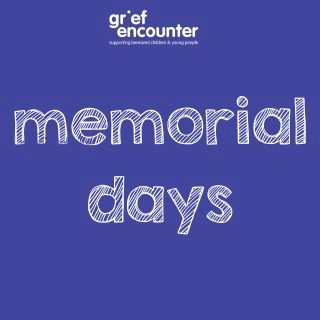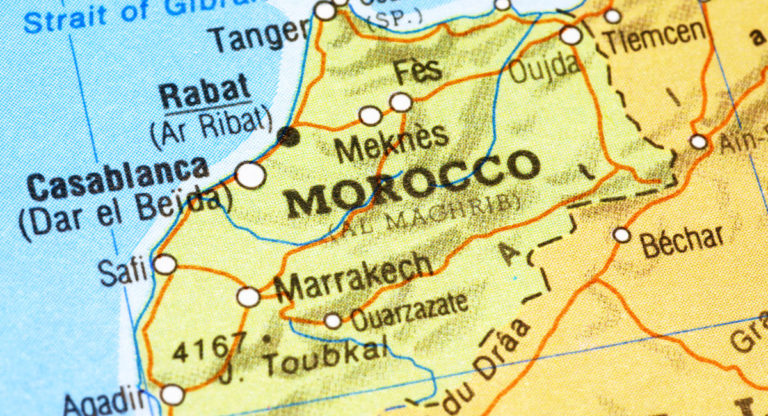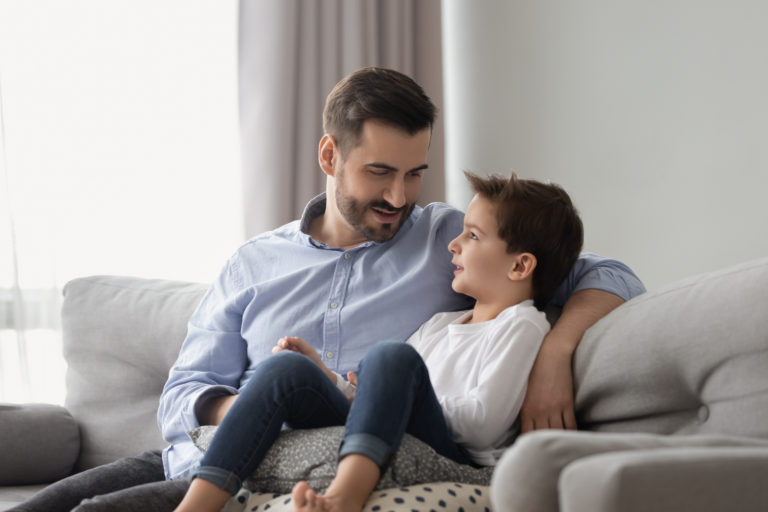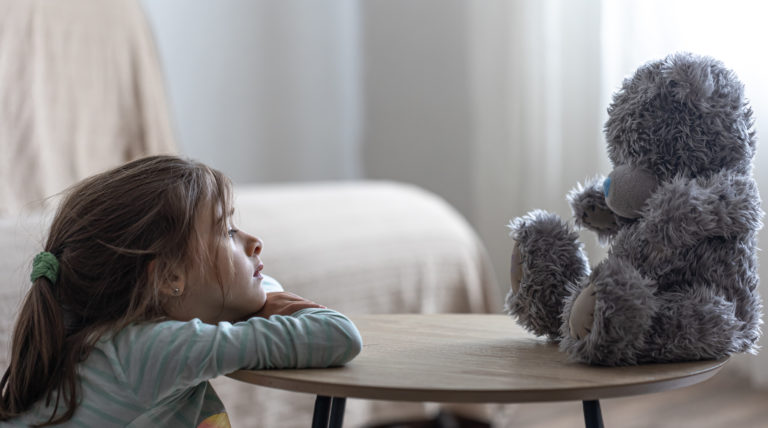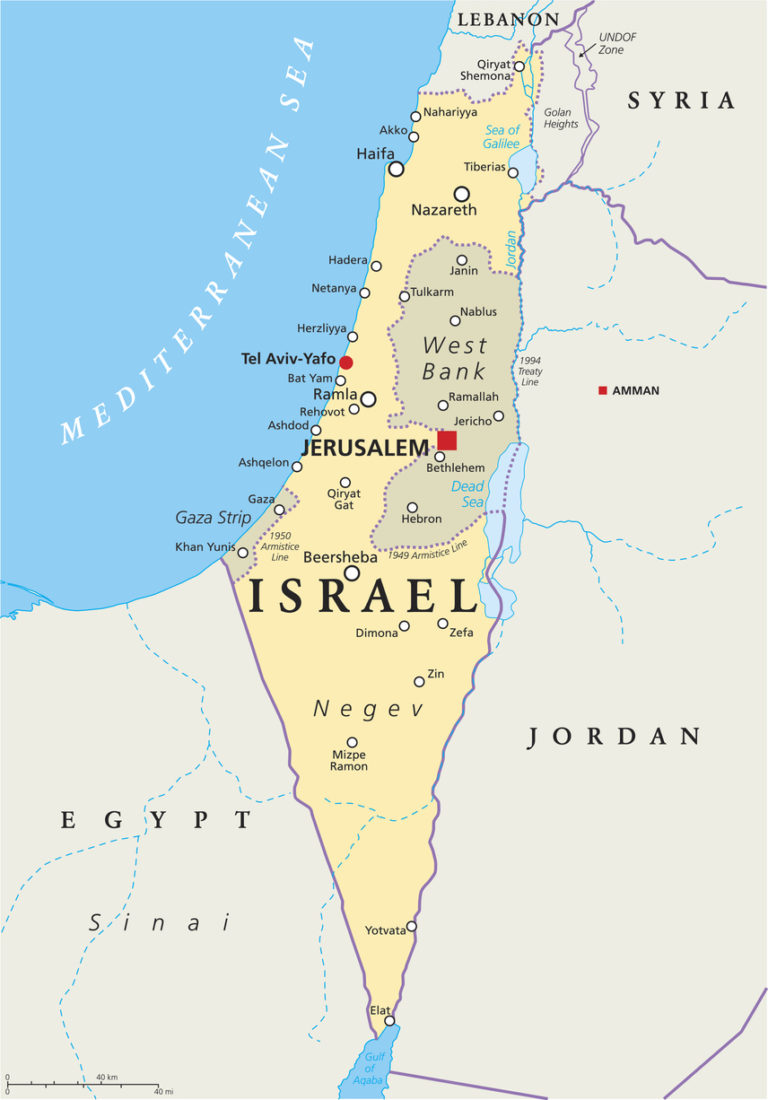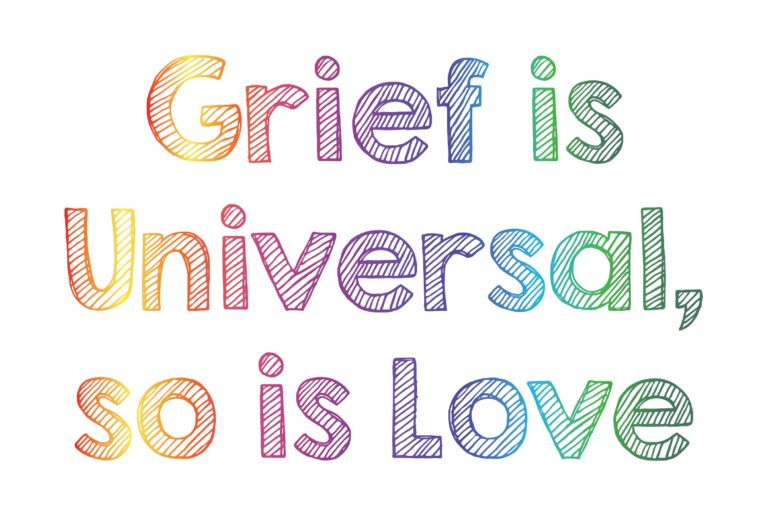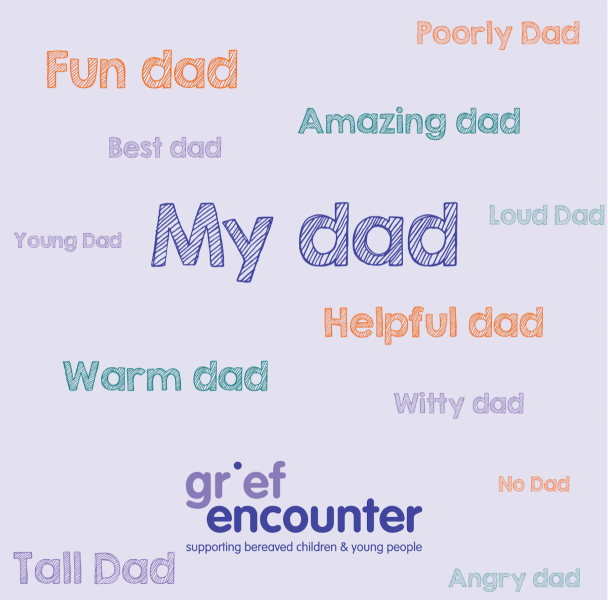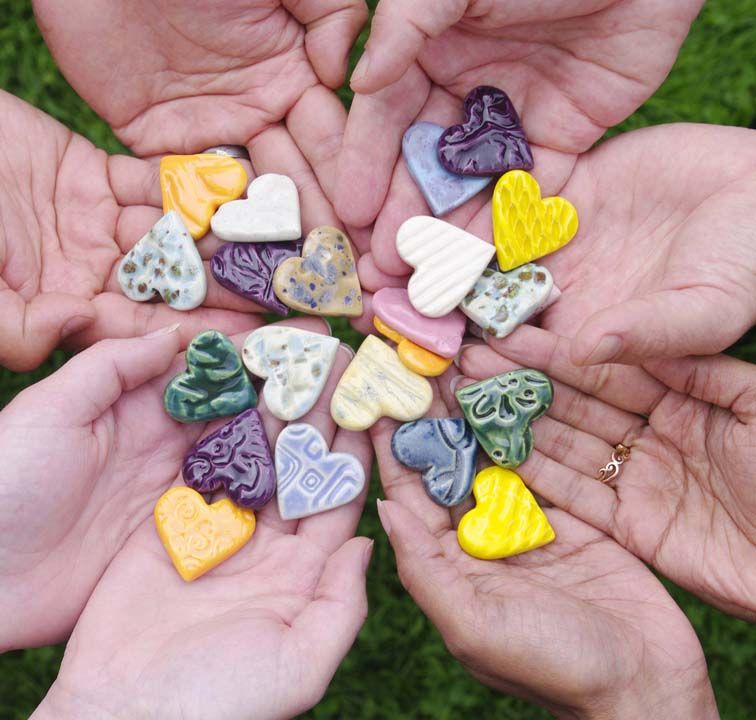During, or in the aftermath, of a widely publicised terror attack, in the UK or beyond, children and young people may experience a wide range of emotions, including fear, uncertainty, sadness and grief. In this guide, we aim to offers insights and strategies for talking to children and young people about death, dying, fear, and uncertainty following a terror attack.

